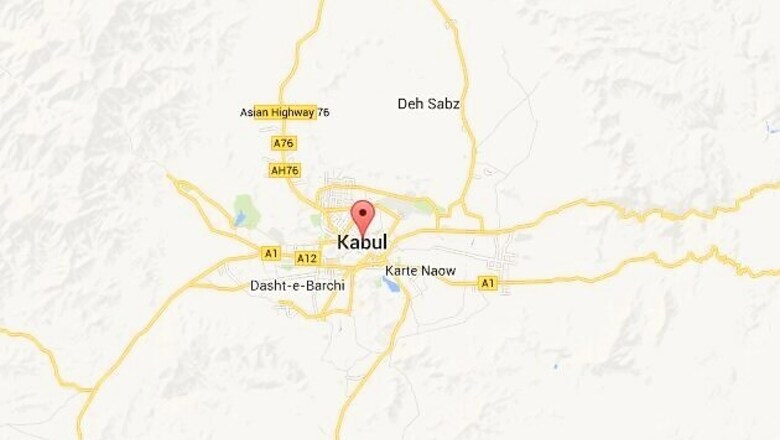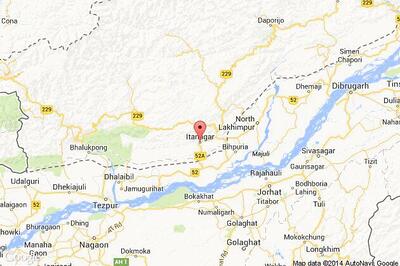
views
United Nations: Reflecting the new Afghanistan government's high priority on reconciliation with the Taliban, ending conflicts and curbing terrorism, Kabul's Ambassador to the UN Zahir Tanin signalled Kabul's focus on relations with Pakistan and China, which it feels can help it in these tasks.
The visit of Afghanistan President Ashraf Ghani to Pakistan last week "generated an unprecedented surge of optimism and set the groundwork for long-term cooperation between the two nations" while his trip last month to China resulted in "bold steps" for increasing economic cooperation and stabilisation efforts, Tanin told the UN General Assembly Thursday during a debate on the situation in Afghanistan.
Echoing Tanin's sentiments, Pakistan's UN Ambassador Masood Khan said his country's relationship with the new Afghanistan government has started on "a high note" and Ghani's visit to Islamabad "marked a holistic renewal of our relationship".
There was no direct mention of India in Tanin's speech, although he spoke of regional cooperation and Ghani looking forward to "furthering regional engagement" at this month's South Asian Association for Regional Cooperation (SAARC) summit in Kathmandu.
Afghanistan's National Unity government has made overtures to Pakistan, attempting to warm the chilly relations that the previous government of president Hamid Karzai had with Islamabad, and to China as the lynchpin of its strategy to contain the Taliban and other extremists.
Sections of Pakistan's military and intelligence services have backed the Taliban and other extremists. China not only can lean on Pakistan to restrain the terrorists given its own problems with militant Islamic groups, it can also provide substantial economic help to Kabul.
Without mentioning Taliban by name, Tanin spoke of his government's reconciliation efforts to "establish a wider inclusive political framework for lasting peace, including a new outreach to the armed opposition".
He said, "President Ghani has called on all armed opponents of the government to enter political talks and play their part in building a strong and successful Afghanistan."
While the national reconciliation effort was "an Afghan-led and Afghan-owned process", Tanin said Kabul recognised "the important role of regional and neighbouring countries, particularly the Islamic Republic of Pakistan, in contributing to our efforts to end the conflict".
"President Ghani initiated serious efforts to further a political settlement during his recent visits to Saudi Arabia, China and Pakistan and his meetings and conversations with the leaders of neighbouring, regional and partner countries," he said.
Pakistan offered Afghanistan cooperation in ending conflicts and fostering reconciliation. Declaring that "a peaceful, stable, united and prosperous Afghanistan is in Pakistan's vital interest", Pakistan's Masood Khan said, "The soil of Pakistan will be cleansed of the scourges of terrorism and violent extremism."
The two countries are increasing "cooperation in all areas, particularly in the areas of security and counter-terrorism including activation of interaction the military and intelligence tracks", he said.
"An inclusive, Afghan-led and Afghan-owned reconciliation process, that the new government is initiating, is imperative for national unity and progress," Masood Khan said. "Pakistan stands ready to support that process."



















Comments
0 comment